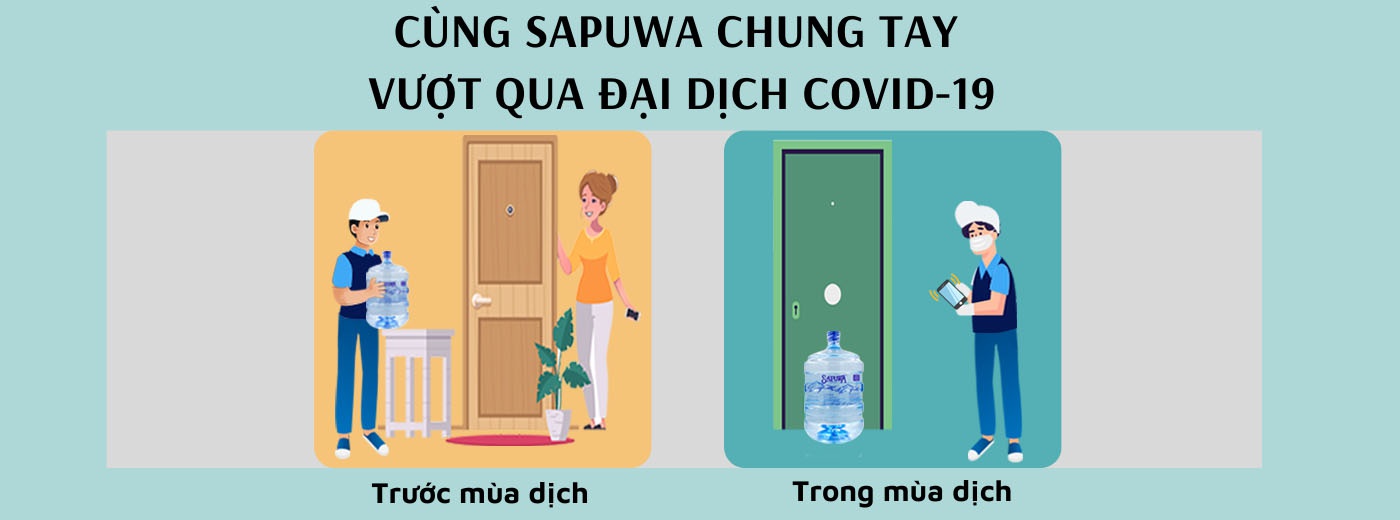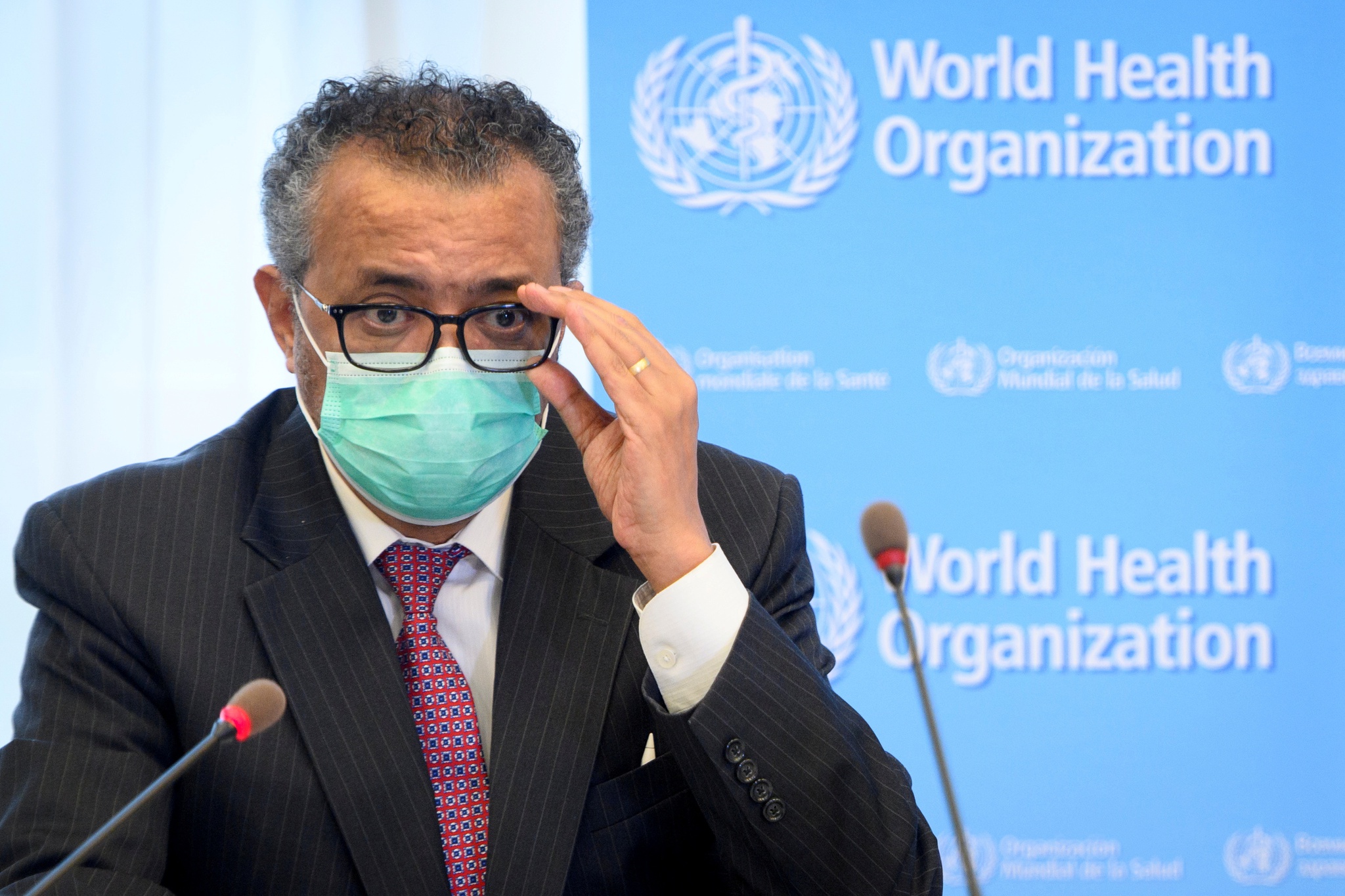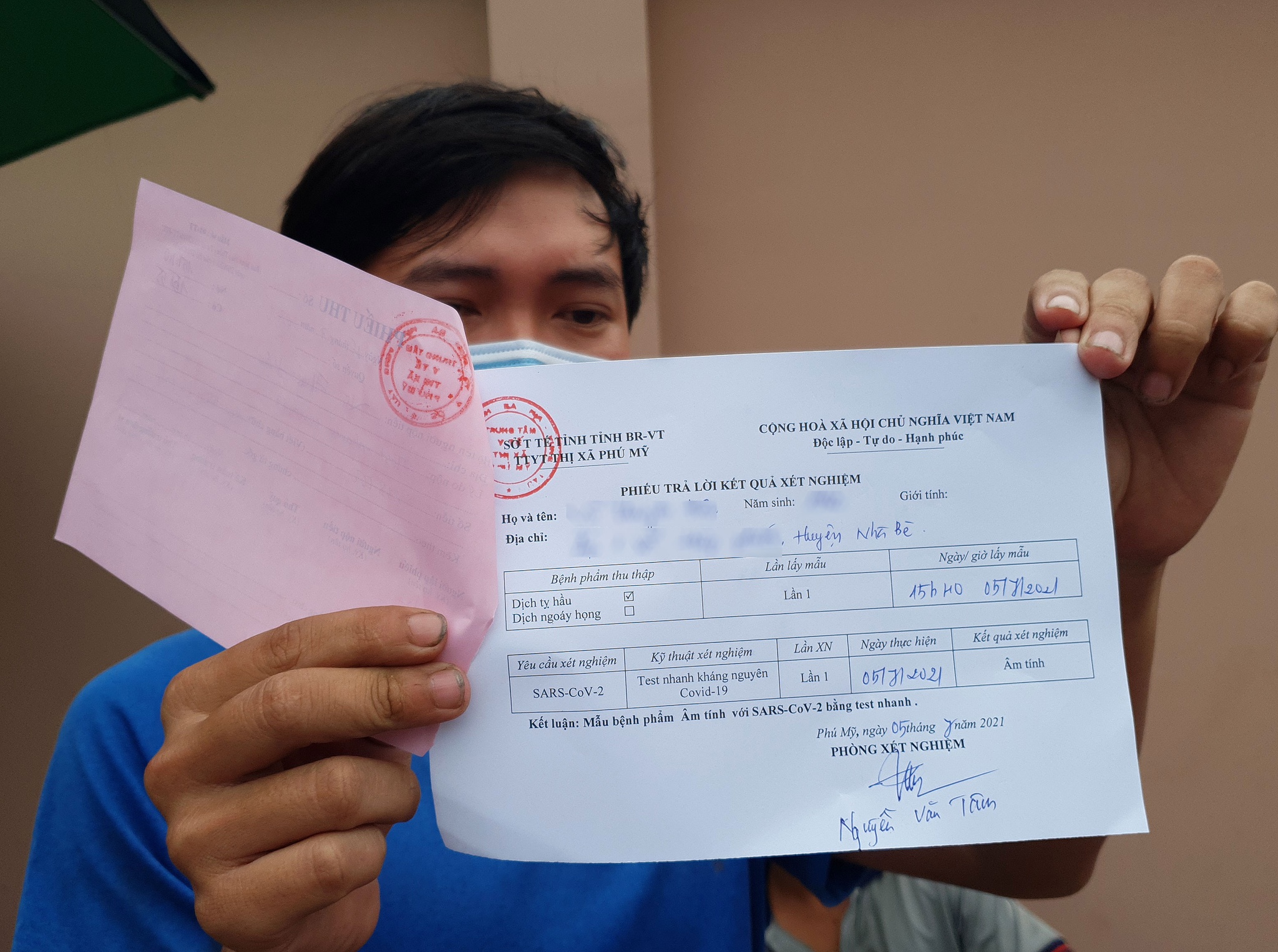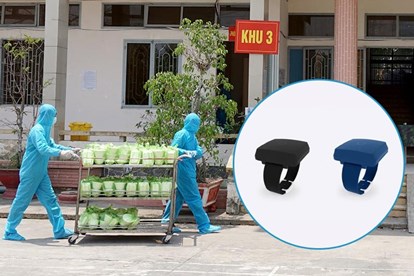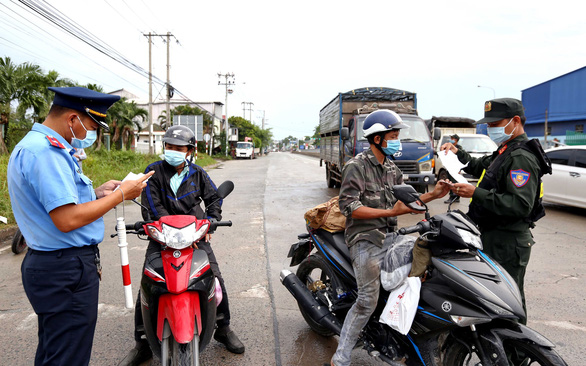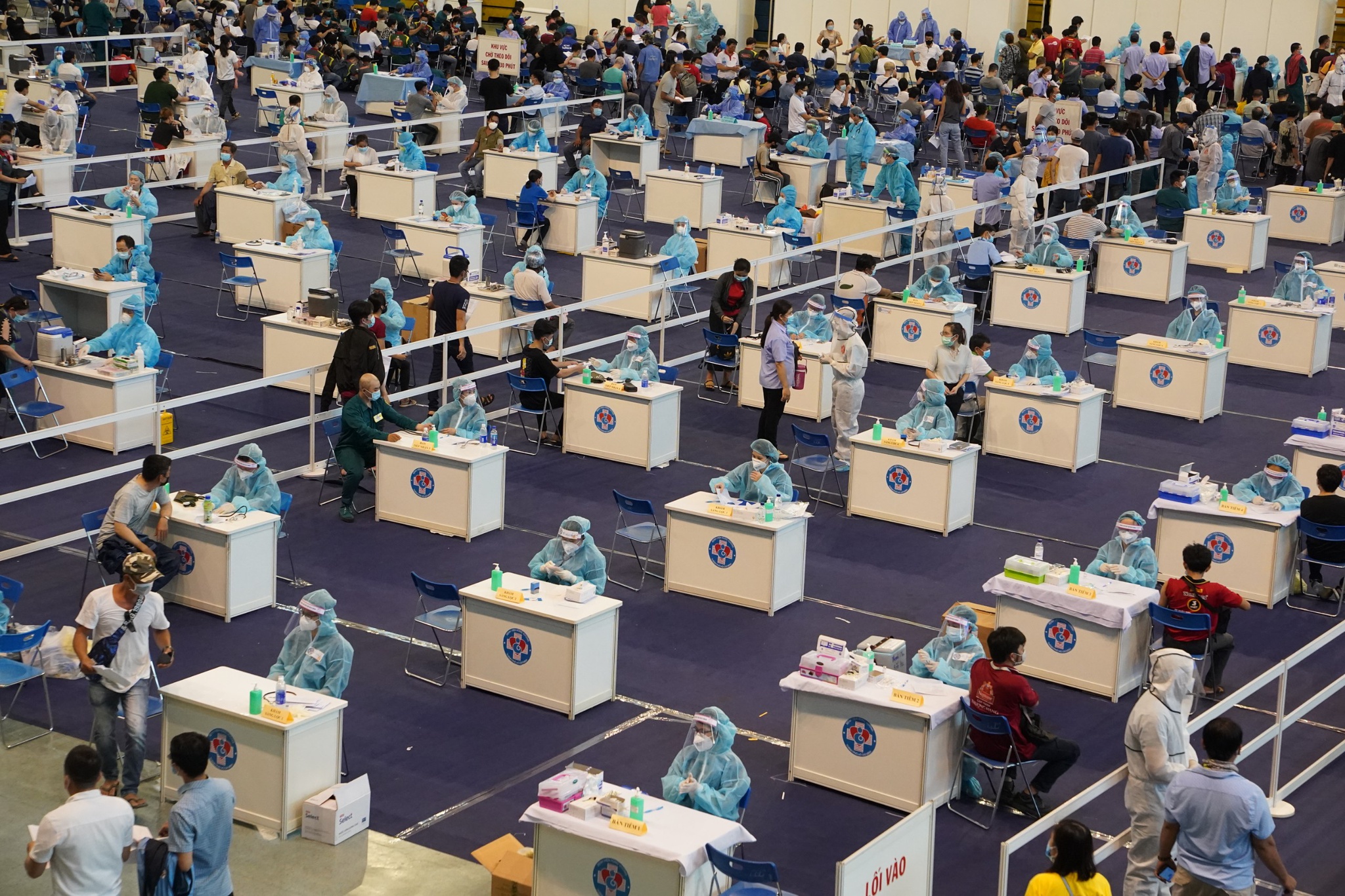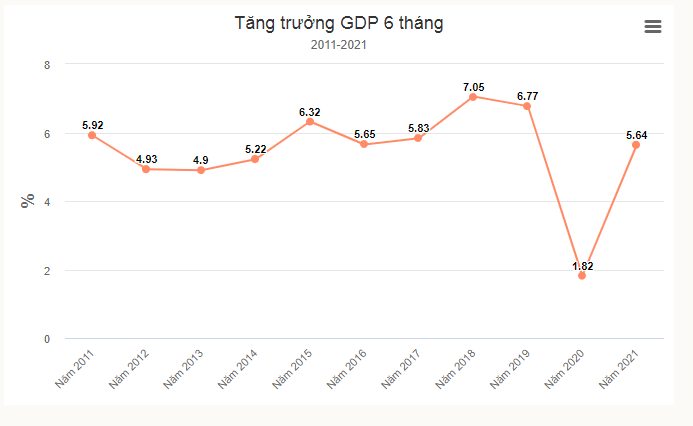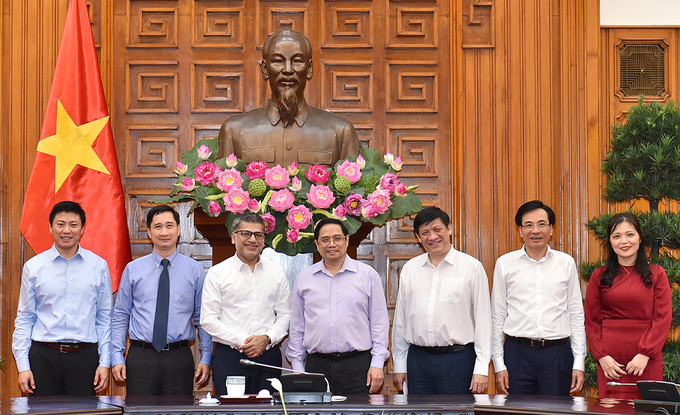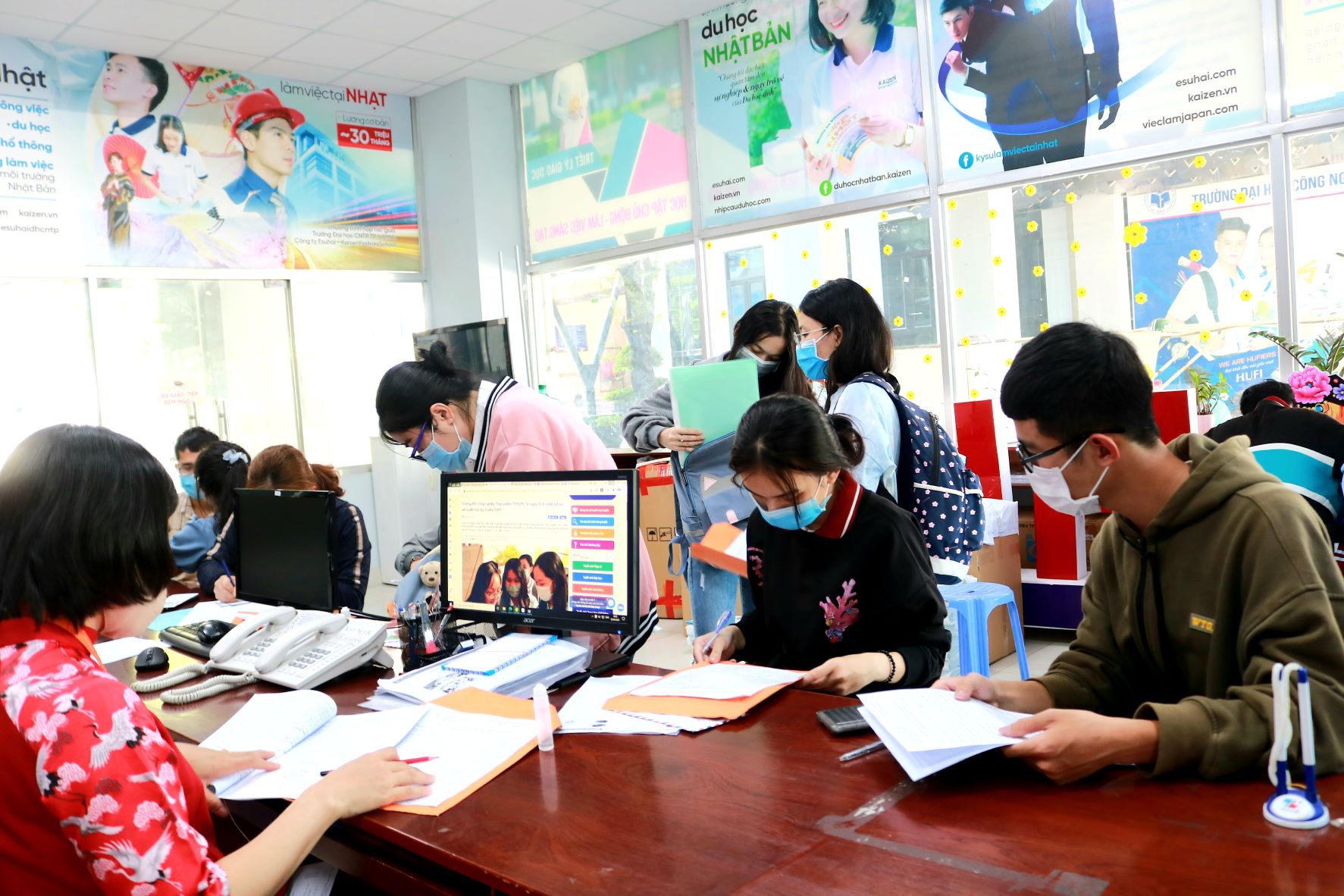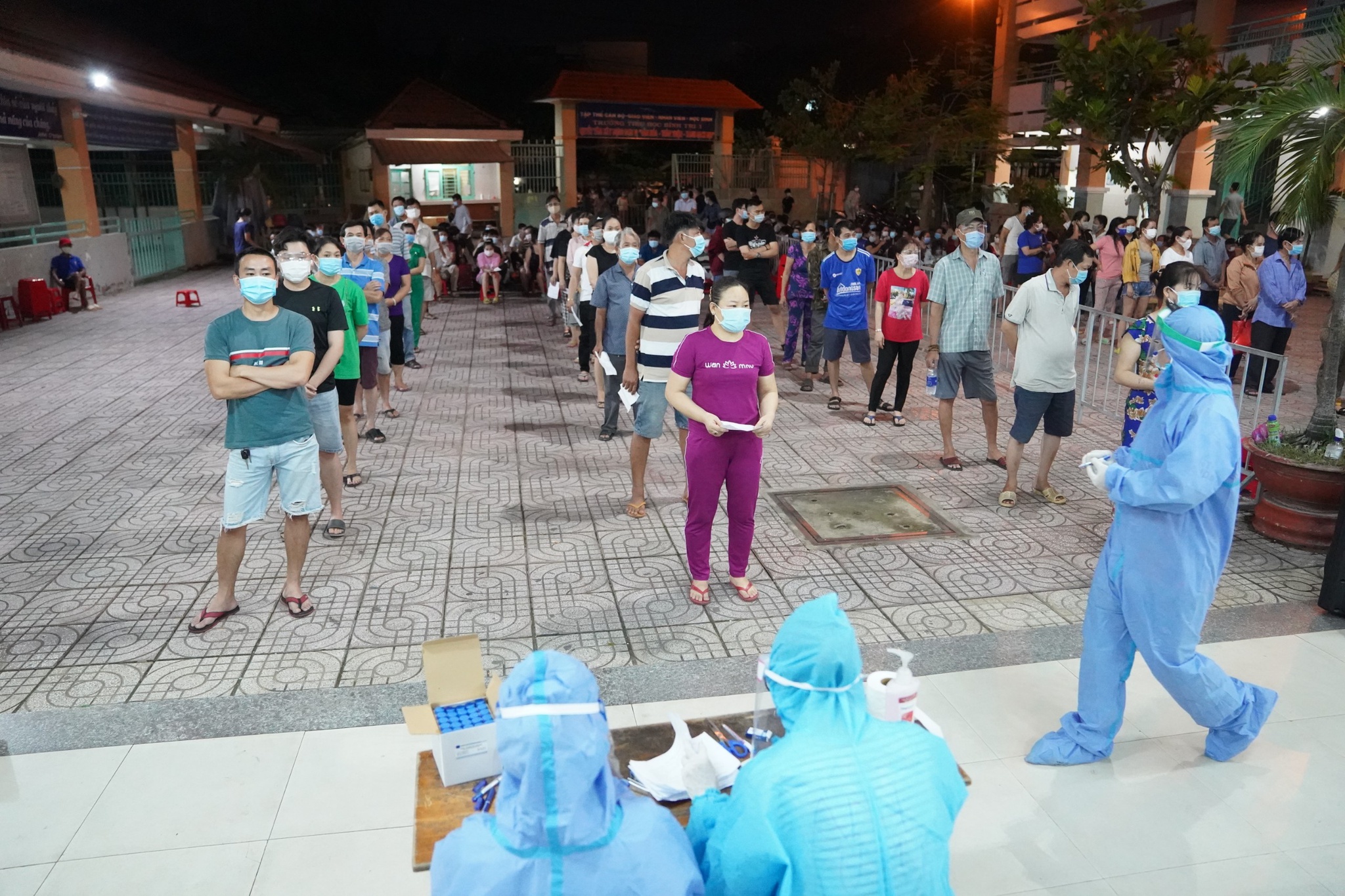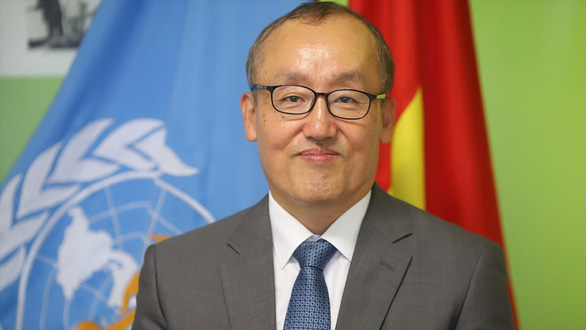THÔNG TIN SƯU TẦM

Coronavirus health fears outweigh concern for economy: global survey
LONDON (REUTERS) - A substantial majority of people around the world want their governments to prioritise saving lives over moves to restart economies being hammered by measures aimed at halting the spread of the new coronavirus, a global survey found.
People wearing protective masks cross a bridge at the Central Business District on a “blue sky day" in Beijing, as the spread of the novel coronavirus disease (COVID-19) continues, in China April 22, 2020 - PHOTO: REUTERS
The latest findings of the “Edelman Trust Barometer,” which for two decades has polled tens of thousands of people on their trust in core institutions, challenge the notion that “lockdown fatigue” is rising among populations hit by the pandemic.
Overall, 67% of the 13,200-plus people interviewed between April 15 and April 23 agreed with the statement: “The government’s highest priority should be saving as many lives as possible even if it means the economy will recover more slowly.”
Just one-third backed the assertion: “It is becoming more important for the government to save jobs and restart the economy than to take every precaution to keep people safe.”
The study, produced by U.S. communications company Edelman, was based on fieldwork carried out in Canada, China, France, Germany, India, Japan, Mexico, Saudi Arabia, South Korea, the United Kingdom and the United States.
Some 76% of Japanese respondents agreed public health should be prioritised over the economy against just 56% in China, where the outbreak was first detected late last year. China now has only a handful of new cases a day, after imposing a strict lockdown earlier.
In Canada, the UK and France, 70% or more of the respondents were in favour of prioritising health concerns. In the United States, where anti-lockdown protests in some cases were encouraged by President Donald Trump, the figure was 66%.
“It’s complicated because you have two crises simultaneously - a health crisis and an economic crisis,” said Richard Edelman, CEO of Edelman.
“But people are saying, ‘We’ve already had six to seven weeks of this (restriction on activity), what’s another week or two?’”
Governments around the world have varied widely in their response to the pandemic since its first known outbreak in the Chinese city of Wuhan in early December.
Authorities in New Zealand and Vietnam have been praised for early moves to halt the spread with social distancing measures while governments in the United States, UK, Japan, Russia and elsewhere have faced criticism for a lack of preparedness.
The Edelman survey found, however, that trust in the institution of government had risen across the board, with an overall gain of 11 points from its January survey to an all-time study high of 65%.
That figure reflected an appreciation of state support for the economy and the work of public health services. Conversely, only 29% agreed that CEOs and business leaders were doing an “outstanding job” meeting the demands of the moment.
“Business will be looked at very closely in the months ahead,” Edelman said, citing how companies perform in areas such as retaining and reskilling workers or using small businesses in their supply chains.
Source: thesaigontimes.vn
Collect by My Nguyen
Tổng giám đốc WHO: Chưa thể loại trừ khả năng Covid-19 rò rỉ...
Người đứng đầu Tổ chức Y tế Thế giới (WHO) ngày 15.7 cho biết vẫn còn quá...
Một tuần đi qua
Vậy là đã qua được một tuần cách ly toàn TP.HCM theo chỉ thị 16
Khổ vì giấy xét nghiệm Covid-19
Ngày 5.7, tại cuộc họp trực tuyến của Ban Chỉ đạo quốc gia phòng, chống...
TP.HCM đề xuất giám sát người cách ly tại nhà bằng thiết bị...
Sở Thông tin và truyền thông TP.HCM vừa có văn bản đề xuất UBND TP.HCM về...
Không 'đóng cửa' nhưng sẽ kiểm soát chặt chẽ người ra vào...
TP.HCM không đóng cửa hay phong tỏa nhưng sẽ kiểm soát chặt chẽ người ra vào...
TP.HCM: Chiến dịch tiêm 836.000 liều vắc xin Covid-19 kết thúc hôm...
Tính đến hết ngày 29.6, TP.HCM đã tiêm trên 805.000 liều vắc xin Covid-19 trong...
Tại sao 'gánh' dịch, kinh tế vẫn tăng trưởng gấp ba cùng kỳ
Con số GDP 6 tháng tăng 5,64% khiến giới phân tích bất ngờ bởi 2 quý vừa qua,...
Đề nghị Astra Zeneca chuyển cho Việt Nam 10 triệu liều vaccine
Lãnh đạo Chính phủ đề nghị Công ty AstraZeneca tạo mọi điều kiện thuận...
Dịch Covid-19 lan mạnh: Không thi mà xét tốt nghiệp, trường ĐH...
Trước những mong muốn của thí sinh, phụ huynh tổ chức xét tốt nghiệp thay vì...
Dịch vẫn lan nhanh, TP.HCM cần thêm 'thuốc mới'?
Số ca nhiễm tại TP.HCM vẫn tăng lên, ở mức 3 con số mỗi ngày, dù đa số ở...
Trưởng đại diện WHO tại Việt Nam: Người dân TP.HCM hãy tuân...
Theo TS Kidong Park, vai trò của vắc xin trong việc kiểm soát ổ dịch cấp tính còn...
344567942350826358571066.jpg&w=1400&h=520)
522608805487.jpg&w=1400&h=520)


